What does a digital marketing account manager do
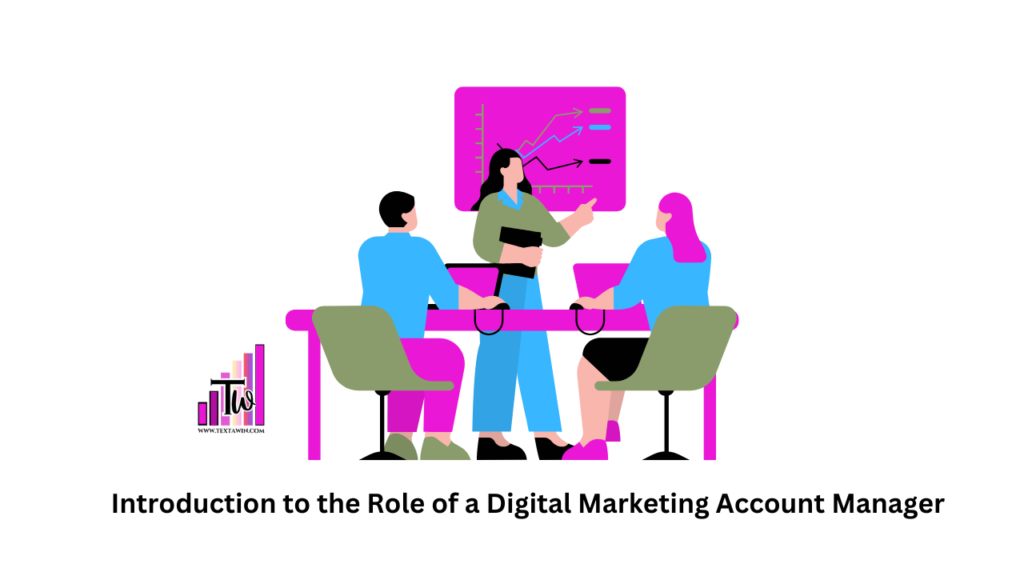
1. Introduction to the Role of a Digital Marketing Account Manager
2. Understanding the Responsibilities of a Digital Marketing Account Manager
3. Strategic Planning and Execution
4. Client Communication and Relationship Management
5. Collaboration with Creative and Technical Teams
6. Monitoring Campaign Performance and Analytics
7. Problem-Solving and Conflict Resolution
8. Why a Digital Marketing Account Manager is Crucial for Business Growth
1. Introduction to the Role of a Digital Marketing Account Manager

what does a digital marketing agency do
What does a digital marketing account manager do? Learn how they plan and manage campaigns to grow businesses and drive results effectively. An Account Manager for Digital Marketing plays an essential role in bridge the gap between customers and marketing departments, assuring campaigns meet business goals. They are accountable for establishing strategies, managing relationships with clients and directing the execution for digital campaigns. By monitoring performance and optimizing strategies, they ensure that campaigns are successful and produce an impressive ROI. Their expertise in marketing and communications provides an effortless experience for customers and helps to ensure long-term growth for businesses.
Subpoints:
>> serves as the primary contact point for clients:
Serves as the primary contact point for clients through managing all communications, and ensuring that their needs are met promptly. They are the point of contact between the client and the team within, ensuring everyone on the same page regarding objectives and advancement.
>> Marketing efforts are aligned with the client’s business objectives:
Marketing efforts are aligned to meet the business objectives of the client through the development of strategies that are directly in line with their goals, for example, generating leads or increasing brand recognition. Every campaign is guaranteed to produce tangible results that match the goals of the client as well as the long-term goals of the client.
>> Make sure that deadlines, budgets, and other requirements are followed:
Make sure timeframes, budgets and deadlines are kept by carefully planning timelines for projects and tracking expenditures throughout the lifecycle of the campaign. This prevents the overspending of funds and assures prompt completion of the results, while ensuring client satisfaction and trust.
2. Understanding the Responsibilities of a Digital Marketing Account Manager

what do digital marketing managers do
The Digital Marketing Account Manager (DMA) is accountable for overseeing the client’s campaigns to ensure they’re in line with the business’s goals and objectives. They are the principal point of contact and maintain a clear line of communications between the client with the Marketing team. Their work involves developing strategies monitoring performance, as well as improving campaigns to attain desired outcomes. In addition, they oversee budgets, provide reports on important metrics, and deal with any issues or changes needed to ensure customer satisfaction and ensure the success of campaigns.
Subpoints:
- Supervises all aspects of campaign management from start to finish.
Manages the entire campaign from beginning to end by coordinating every stage beginning with the initial plan, all the way to execution and evaluation of performance. This means ensuring that each element of the campaign is aligned with the goals, runs smoothly and produces the desired results.
- Effectively allocates budgets and resources.
Allocates budgets and resources efficiently by prioritizing work as well as assigning the correct group members and then distributing the financial resources in order to increase the effectiveness of campaigns. This allows for optimal utilization of resources while remaining within the budget of the client.
- Monitors campaign milestones and ensures prompt delivery.
The system tracks campaign milestones by carefully keeping track of the key indicator of performance (KPIs) as well as project timelines to ensure that the deliverables are completed on time. Regular adjustments and updates ensure that momentum is maintained and prompt delivery.
3. Strategic Planning and Execution
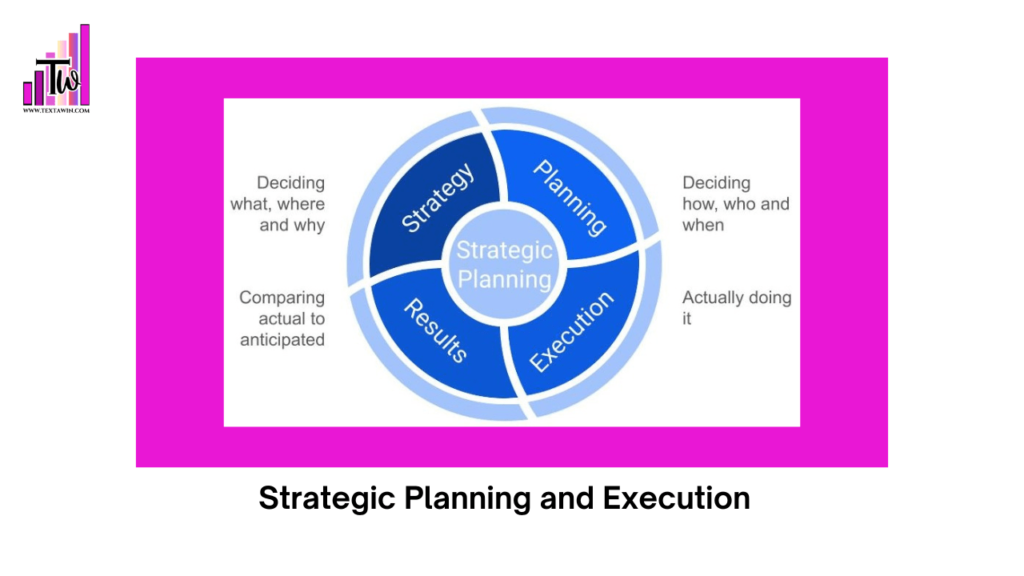
what does a digital marketing manager do
Execution and planning for strategic purposes entail creating clear goals, studying market trends and preparing plans to meet the business objectives. This method assures that resources are used effectively and actions in line with the company’s mission. Effective execution involves careful oversight, prompt adjustments, and collaboration between teams. Through continuous evaluation of performance and improving strategies, businesses are able to adapt to the changing environment and ensure long-term success.
Subpoints:
- Conducts market analysis to determine the trends as well as opportunities.
Conducts an in-depth analysis of the market to uncover emerging trends, customer behavior and competitive trends that allow data-driven decision making. This allows you to identify new possibilities for expansion and optimizing within the market you are targeting.
- Develop strategies that are in line with the objectives of the client.
Develops customized strategies based on client needs, the dynamics of industry and the intended audience to ensure alignment with general business goals. These strategies are developed to produce tangible results and increase the success of clients.
- Establishes and monitors KPIs to ensure campaign’s success.
Creates specific Key Performance Indicators (KPIs) to assess how effective campaigns are, with a focus on metrics that match the goals of the client. Regular monitoring and adjustments guarantee continual improvement and fulfillment of the goals set for campaigns.
4. Client Communication and Relationship Management
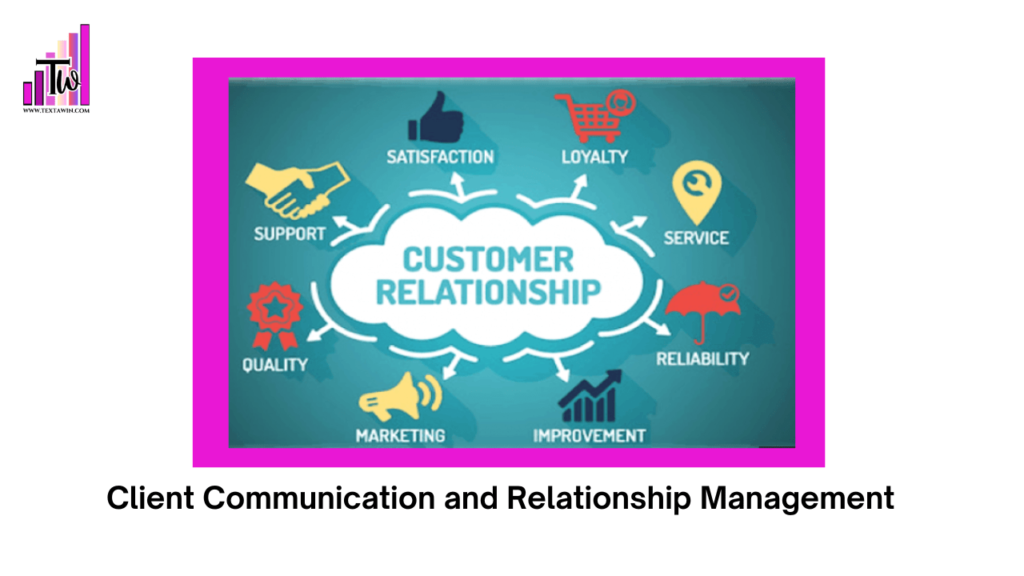
what does digital marketing manager do
Communication with clients and management of relationships are essential to build trust and lasting relationships. Regular updates, clear discussions, and attentive listening ensure that the needs of clients are fully understood and fulfilled. Responding to concerns promptly and offering customized solutions can help maintain customer the customer’s satisfaction and loyalty. Through fostering open and consistent communications, businesses can build relationships with their customers and encourage customers to return for company and recommend.
Subpoints:
- Regularly holds sessions and checks-ins with clients.
Schedules regular check-ins and meetings with clients to discuss the progress made, address any concerns as well as ensure that the campaign is aligned with the goals. These meetings foster effective communications and help build trust, which ensures a cooperative approach to achieving campaign success.
- Produces clear and actionable report to communicate the progress made.
Creates concise, clear with actionable and clear reports. identify the most important metrics, achievements and areas for improvement. The reports are created to give clients clear and transparent information about how they are doing and help them make informed decisions.
- Responds quickly to client complaints in order to ensure client satisfaction.
Addresses concerns of clients quickly by addressing concerns with compassion and efficiency, which results in prompt resolutions. This proactive approach allows for maintaining high levels of customer satisfaction and helps build long-term relationships.
5. Collaboration with Creative and Technical Teams
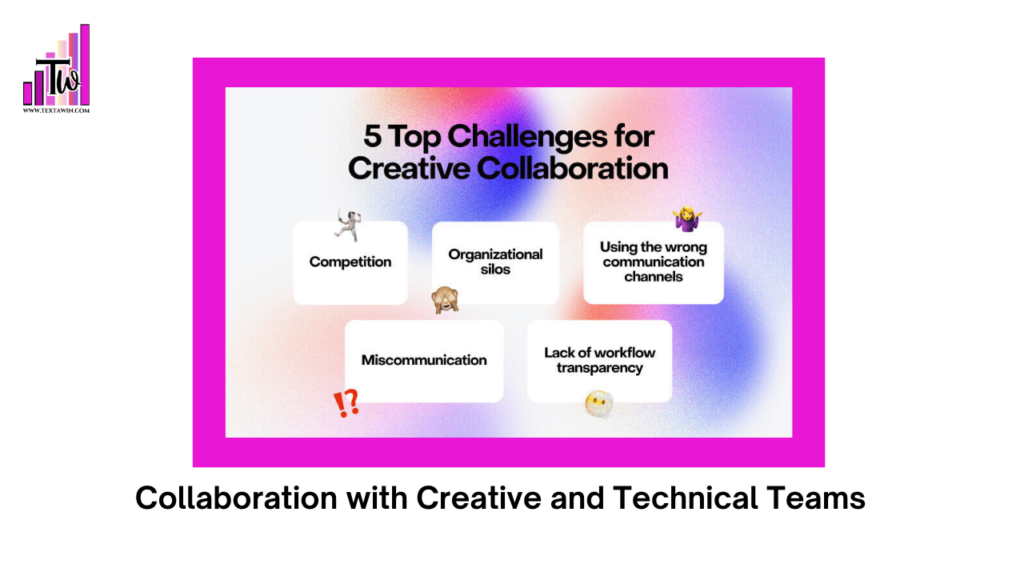
account manager digital marketing
Collaboration between technical and creative teams is vital to create successful and efficient marketing campaigns. The creative team creates engaging visuals and content while the technical team is responsible for seamless integration of websites and functions. A clear communication between the two teams ensures that the design, content and technology are in sync with the objectives of the campaign. This synergy results in improved user experiences, which results in higher engagement and better conversion rates.
Subpoints:
- Work closely with designers to design engaging images.
Collaboration with designers is essential in the creation of attractive content which is aligned with the goals of the campaign and brand identity. The teamwork approach ensures the creation of captivating visuals that grab attention and encourage participation from the audience.
- Coordinates with developers to ensure seamless website development and technology implementation.
Works and developers for smooth technological and website implementation while ensuring that design and functionality are aligned with the campaign’s requirements. This ensures a smooth implementation and maximum results across different platforms.
- Contacts content creators to ensure consistency of brand.
Communicates with content creators to ensure that all messages and tone as well as visual elements are in line with the brand’s principles and objectives. This partnership ensures uniform and consistent content throughout all platforms, enhancing the brand’s image.
6. Monitoring Campaign Performance and Analytics
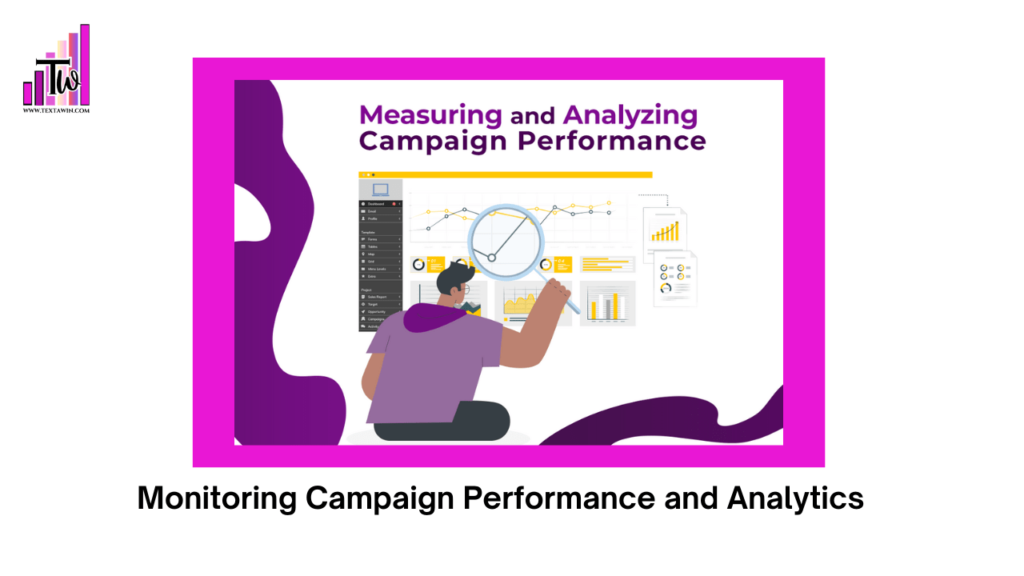
digital marketing account manager
Monitoring the performance of campaigns and analytics are crucial to measuring the effectiveness of strategies for marketing, and also identifying opportunities that need improvement. By keeping track of key metrics such as CTR as well as conversions as well as engagement levels, marketing professionals will discover what’s working and not. Analytics can help you improve ongoing campaigns, modify strategies, and distribute resources effectively. Regularly scheduled performance reviews ensure that campaigns stay in line to the company’s goals and continue to provide the best ROI.
Subpoints:
- Analyzes important performance indicators (KPIs) such as CTR or conversions.
Analyzes the performance indicators of key importance (KPIs) like Click-Through Ratio (CTR) as well as conversion rate to evaluate the effectiveness of campaigns. These metrics offer insight into the engagement of your audience and allow you to enhance strategies for greater results.
- The analysis identifies areas of poor performance and recommends improvement options.
Determines areas of low performance by analysing performance data, and identifying the gaps or weaknesses. Offers practical suggestions to improve the performance of your strategies, increase efficiency and deliver better results in future campaigns.
- Creates reports that are detailed for client and internal review.
Creates detailed reports that describe the effectiveness of the campaign, its the most important metrics, as well as insights for internal teams as well as clients. The reports provide an easy summary of performance, accomplishments and areas for improvement.
7. Problem-Solving and Conflict Resolution
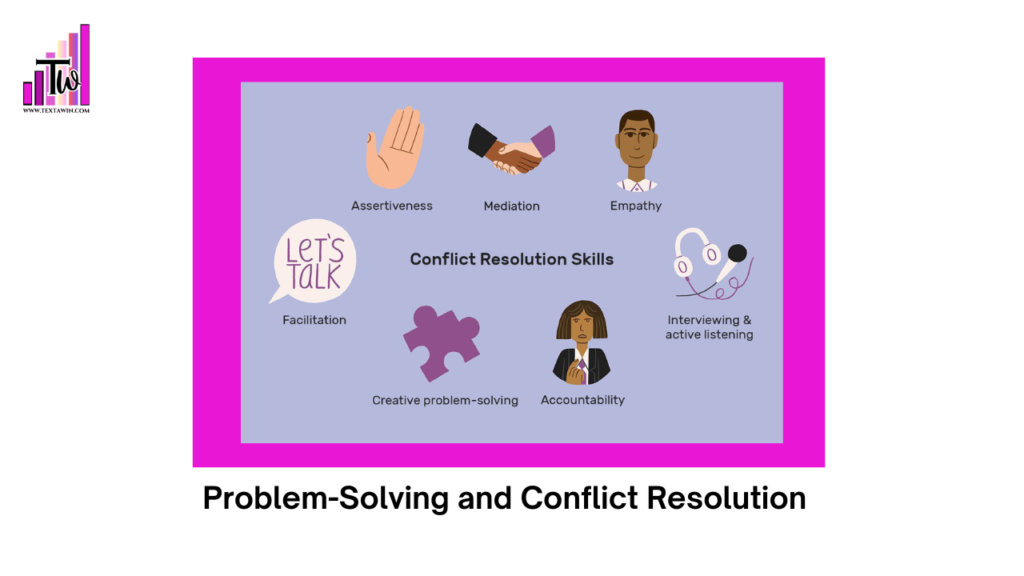
account manager digital marketing salary
Conflict resolution and problem-solving are crucial to maintain efficient operations within any relationship between a client or team. They are about discovering the root cause of problems, analyzing the available information and recommending viable solutions. An approach that is proactive ensures that issues are dealt with before they become a problem creating a positive and productive work environment. The ability to resolve conflicts through compassion and clear communication can help maintain relationships that are strong which leads to improved collaboration and a long-lasting successful.
Subpoints:
- Determines the root causes of problems with campaign campaigns swiftly.
Finds the root cause of problems with the campaign by analysing patterns in data, feedback from the audience as well as performance gap. This rapid diagnosis enables rapid intervention and tailored strategies to boost campaign results.
- Implements contingency plans for addressing issues.
Develop contingency plans in advance, providing alternative strategies for addressing unexpected issues. This helps ensure campaigns remain on the right track, avoiding interruptions and ensuring progress towards the goals.
- Mediates between teams and clients to solve conflicts efficiently.
Mediates between teams and clients through facilitating communication open and a sense of understanding to settle disputes. This process assures that all the parties’ needs are taken care of while promoting collaboration and maintaining healthy working relationships.
8. Why a Digital Marketing Account Manager is Crucial for Business Growth
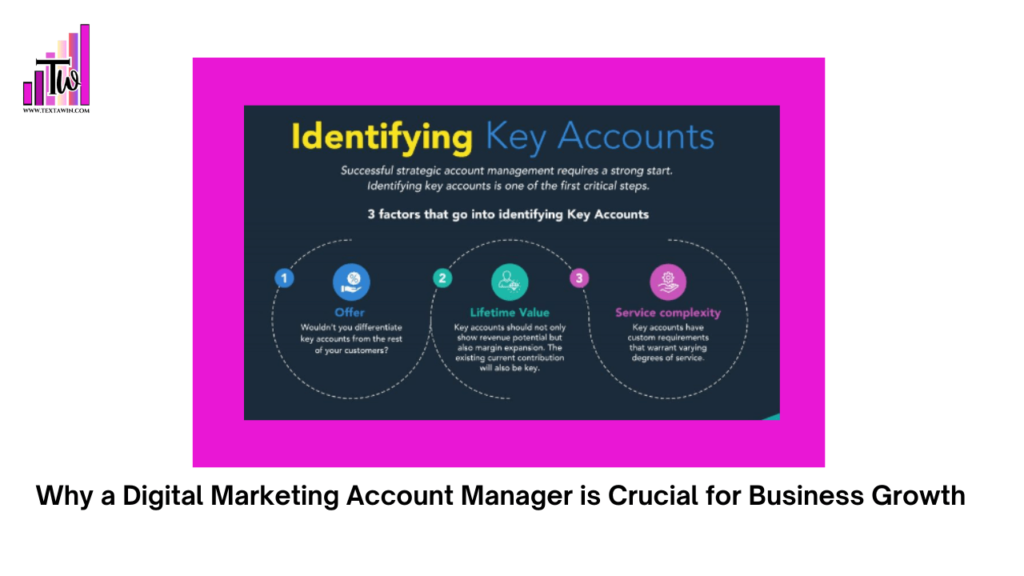
what does a digital marketer do daily
The Digital Marketing Account Manager (DMA) is vital for growth of a business because they serve as the link between customers as well as the team responsible for marketing, making sure that the goals of campaigns are aligned with business goals. They manage the development of strategies and monitoring the key performance indicators, and enhance marketing efforts to maximize return on investment. Through managing client relationships and providing tailored solutions, they guarantee the satisfaction of customers and ensure long-term retention. Their experience in adapting tactics to changing market conditions enables firms to remain ahead of the competition and maintain their growth.
Subpoints:
- Optimizes the ROI of marketing strategies.
Maximize ROI by continually analysing the effectiveness of campaigns and improving strategies for marketing to improve effectiveness and efficiency. This optimizes resources to ensure that they are properly allocated to yield the most efficient return on investment.
- It provides a solid base for retention of clients and loyalty.
Creates a solid base for customer retention and loyalty through consistently delivering value, recognizing the needs of clients and encouraging transparent communication. This strategy helps build long-lasting relationships and promotes repeat business as well as referrals.
- Improves the efficiency of teams through effective methods of management.
Increases the productivity of teams through the implementation of effective management techniques like clear goal-setting, the ability to delegate, and encouraging collaboration. This results in a well-organized and motivated workplace that boosts productivity and assures prompt the delivery of project.
Contact me whether you’d like to refine the design or additional modifications!
